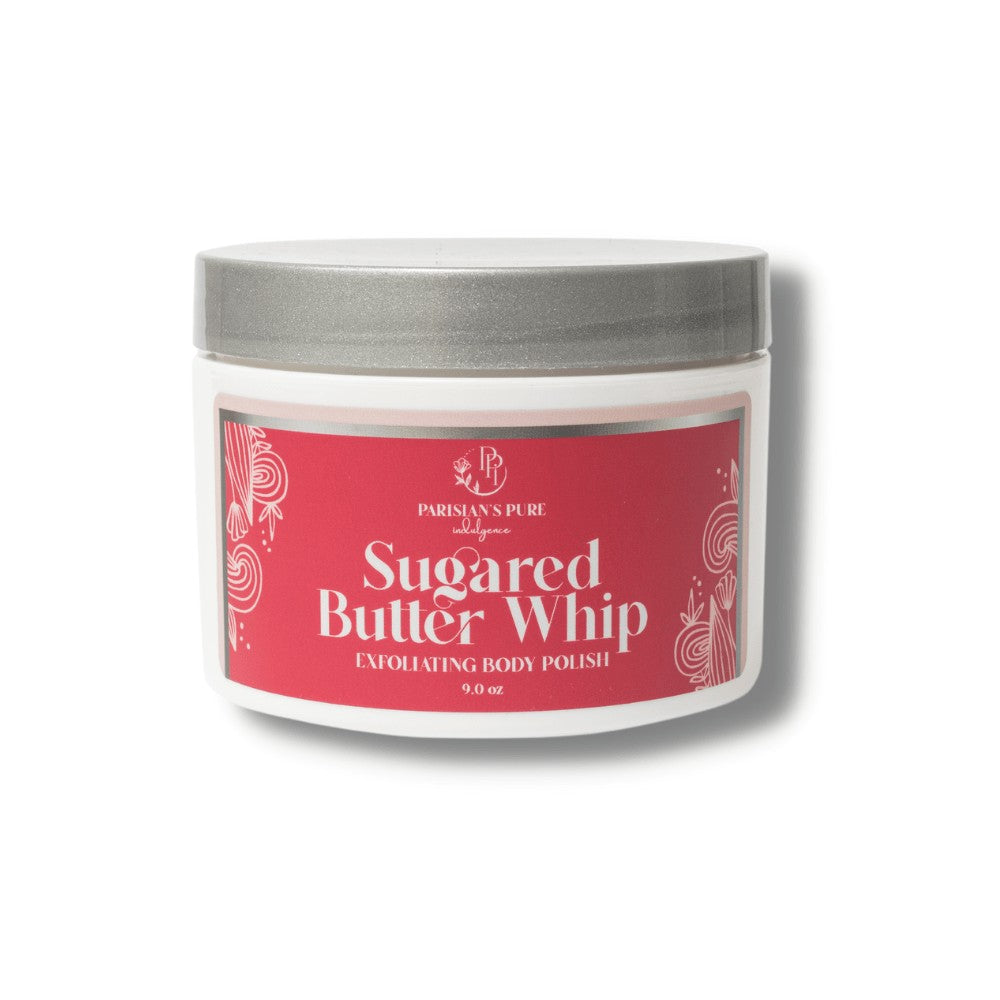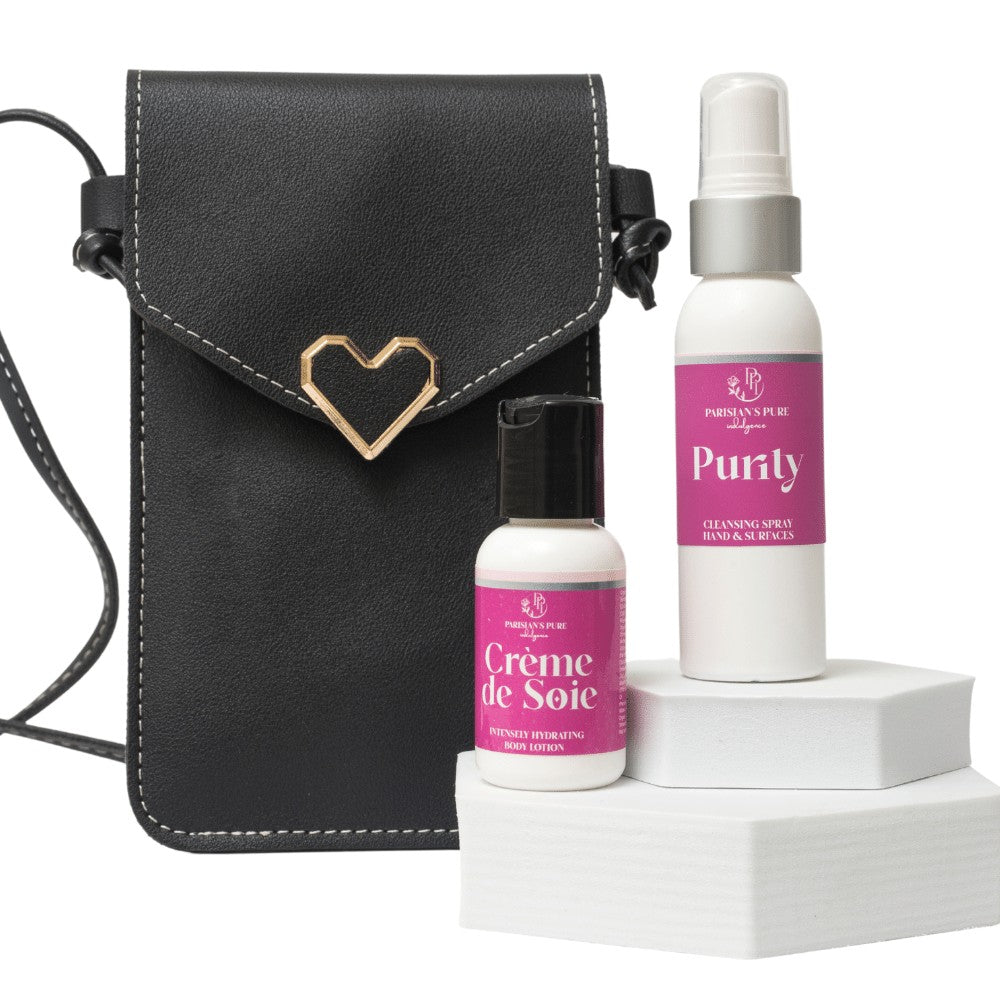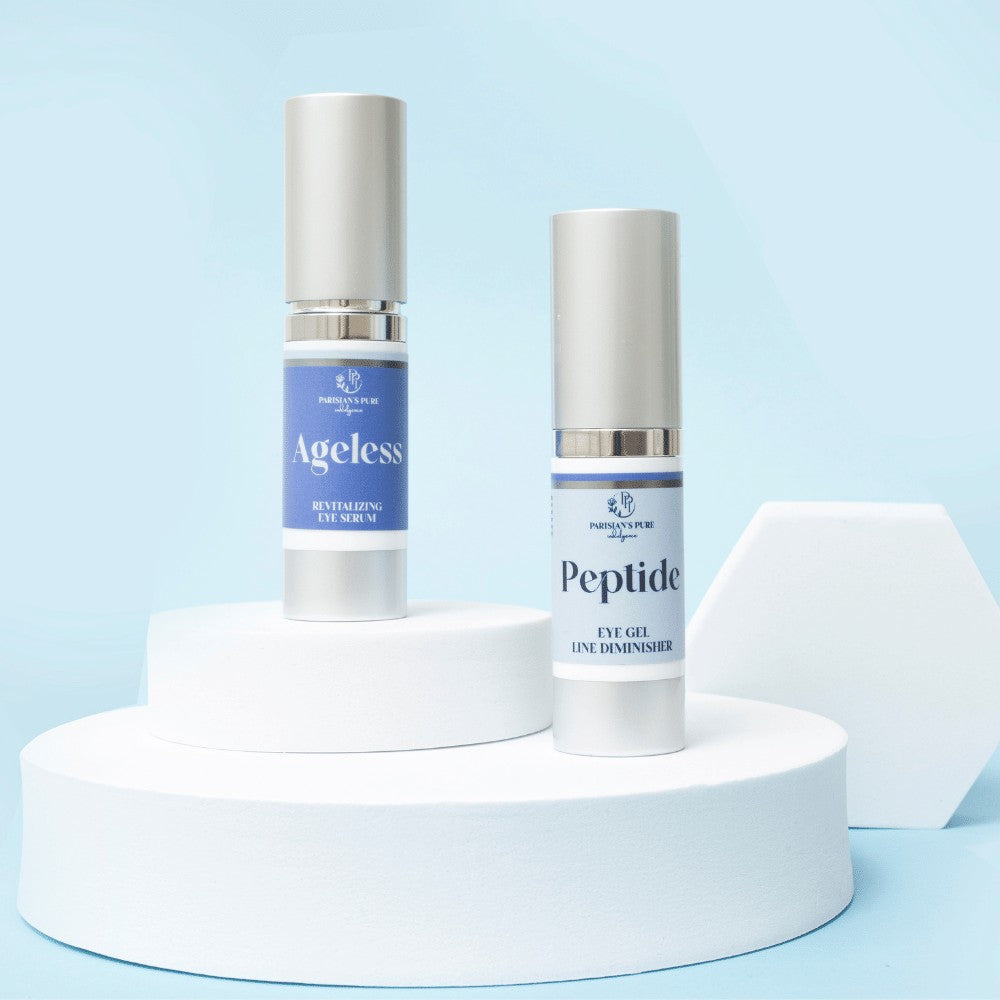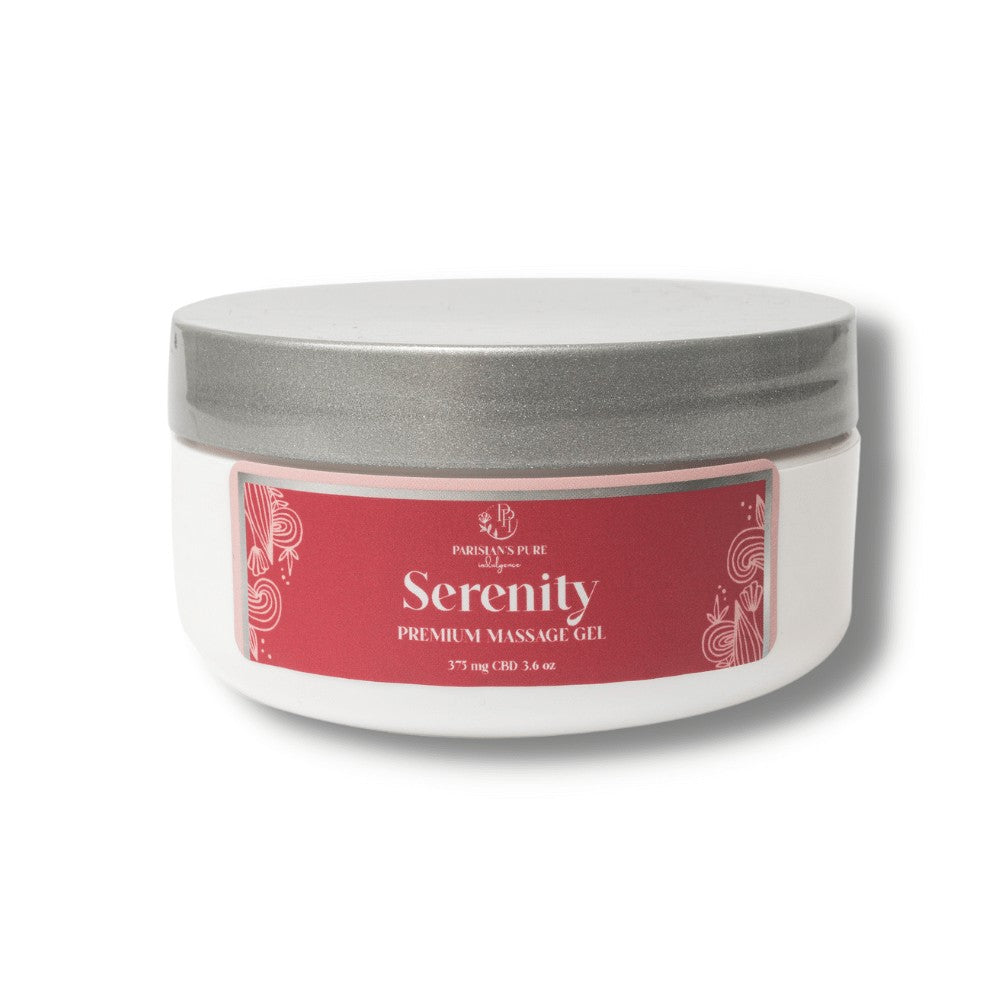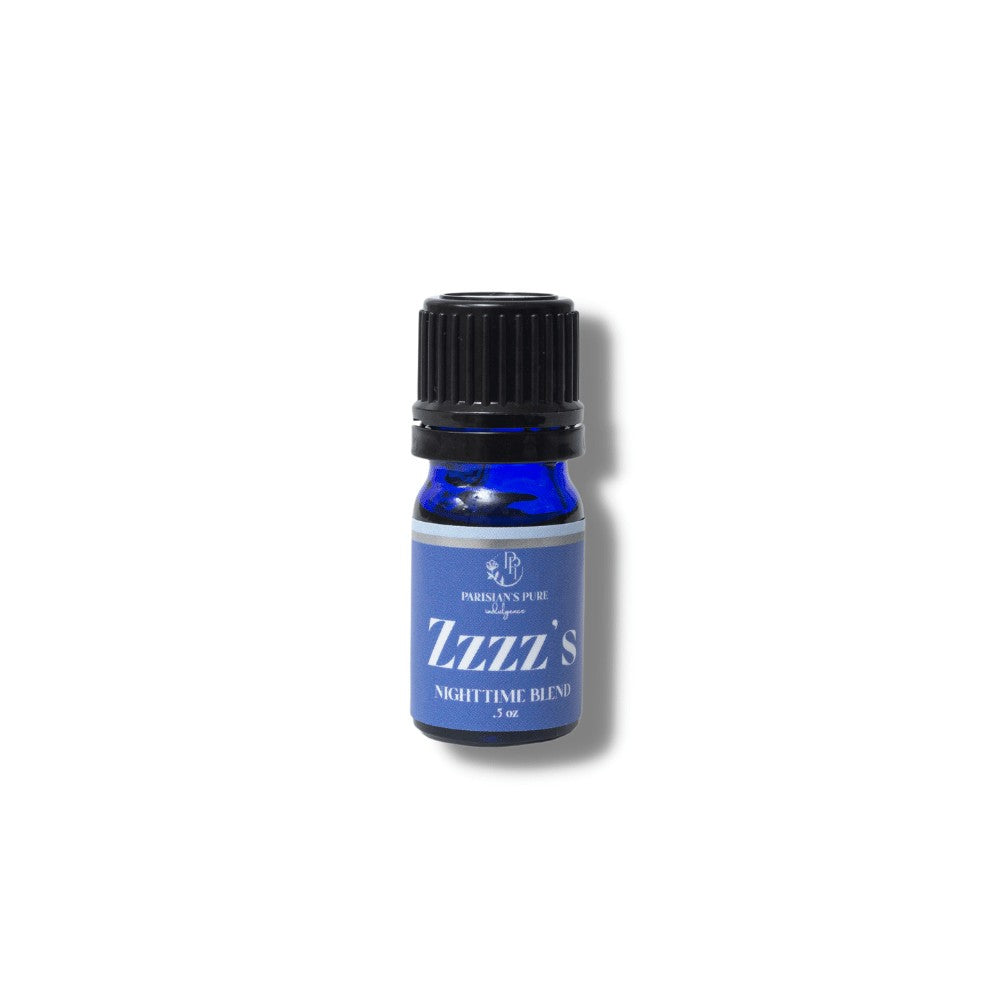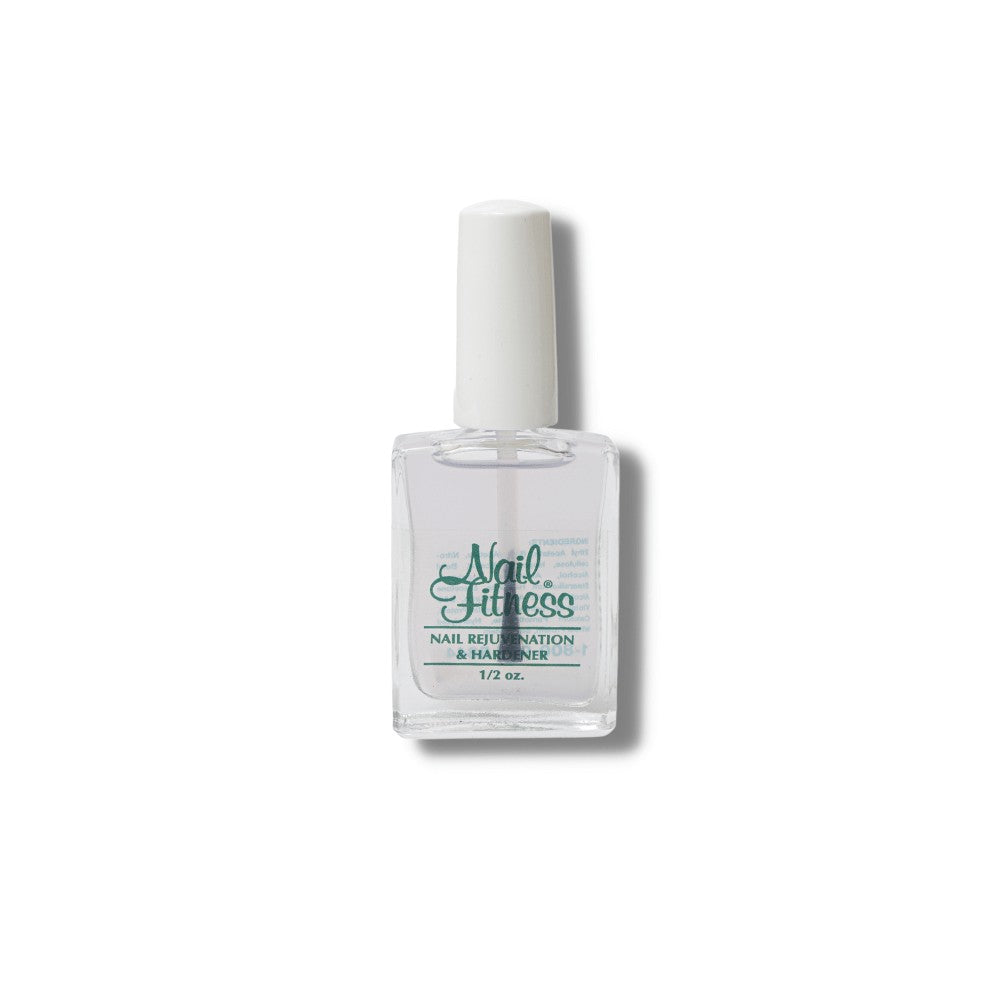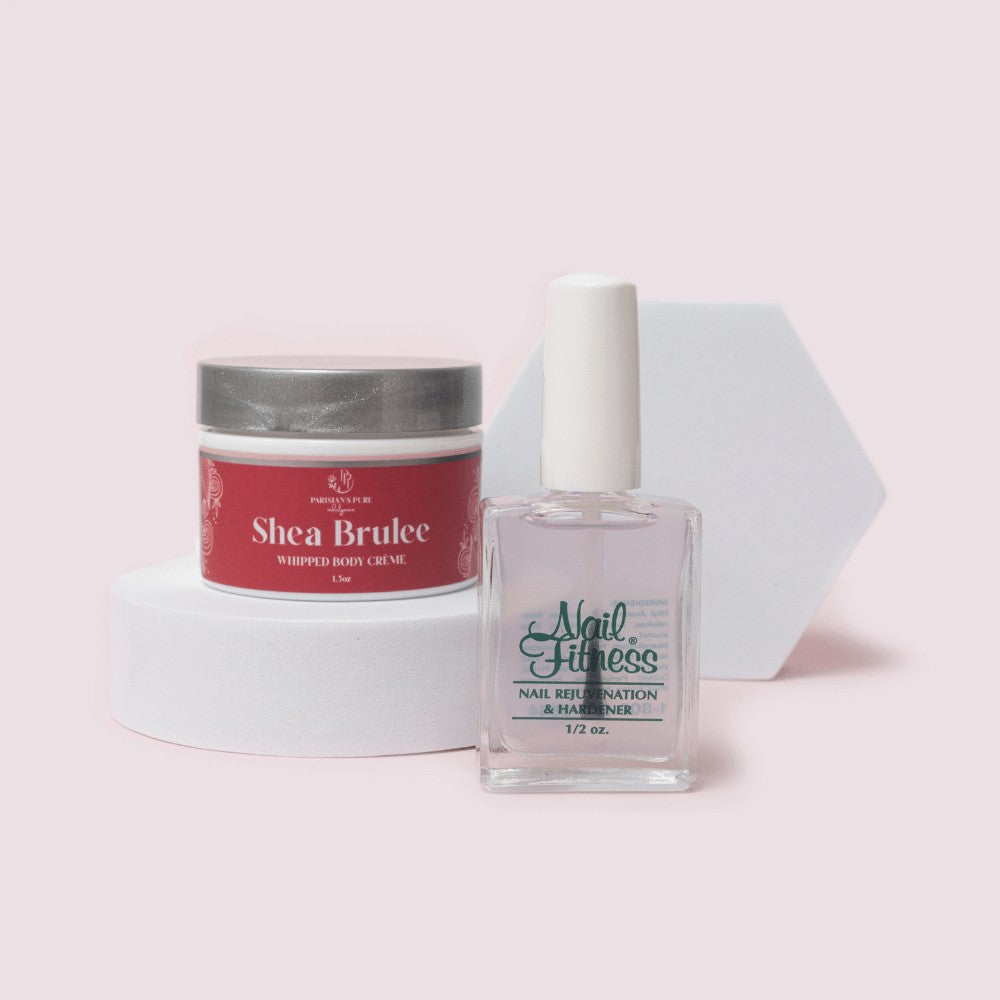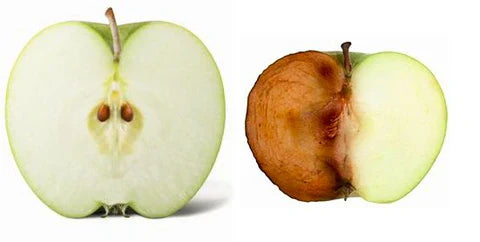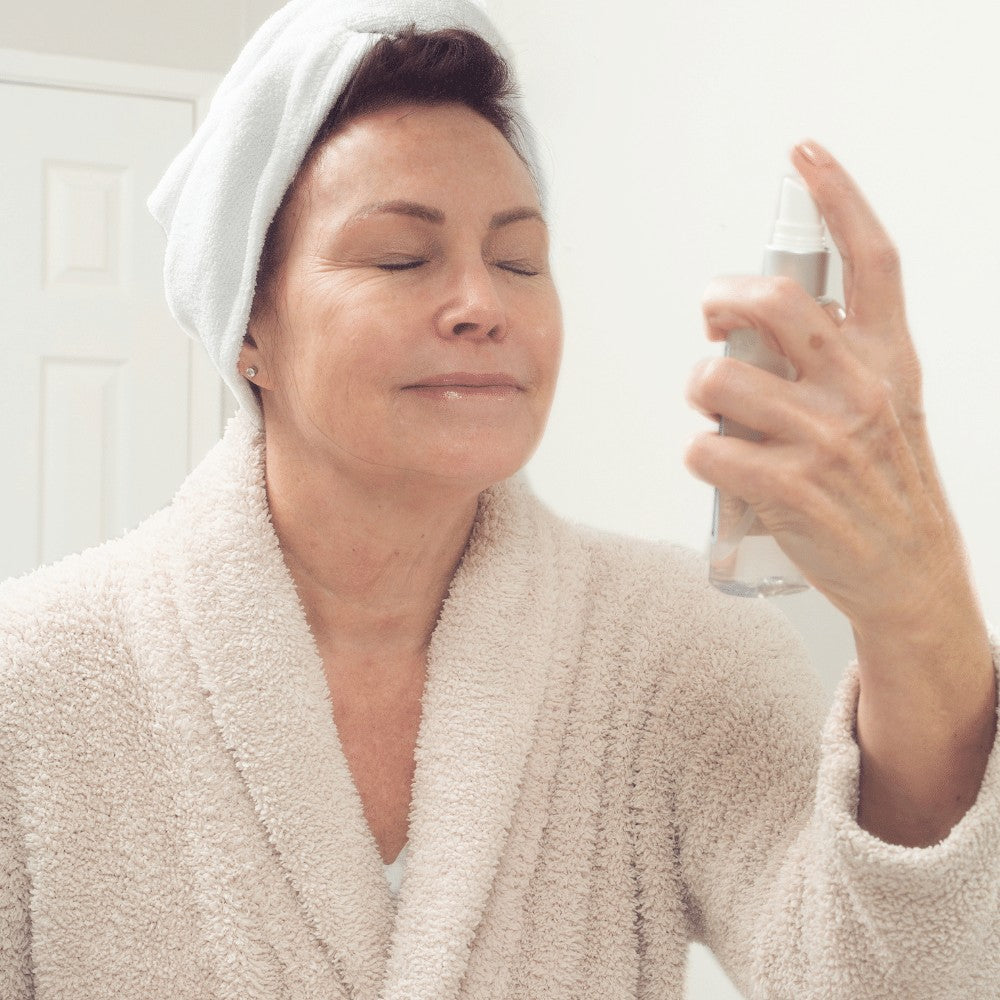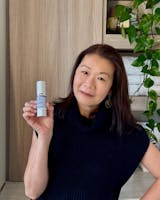Stop Premature Aging: The Environmental Factors You CAN Control (Sun Damage, Stress & More)
We all notice the subtle (and sometimes not-so-subtle) signs of skin aging. While genetics play a role, did you know that environmental factors like sun damage and free radicals are responsible for a staggering 90% of early skin aging? It's true! Multiple dermatological studies indicate that UV radiation alone contributes up to 80% of skin aging, making it the most significant environmental culprit, even more so than other factors linked to premature aging.
The good news? While we can't change our genes (intrinsic aging), we have significant power over these extrinsic aging factors. Let's dive into understanding how these external aggressors age our skin and, more importantly, what you can do to fight back and achieve younger-looking skin.
Understanding the Culprits: Free Radicals and Sun Damage
We've all heard about sun damage, but what about free radicals? Imagine slicing an apple – it quickly turns brown. This is oxidation, caused by free radicals damaging the apple's cells.
The same process happens in our skin. When oxidation occurs, skin cells lose their ability to function properly. This free radical damage leads to tissue damage, manifesting as:
- Fine lines and wrinkles
- Deeper wrinkles
- Dehydration
- Loss of volume (collagen breakdown)
Think of it like this: just as you see this sliced apple turning brown over time, our skin experiences a similar type of damage called oxidation. Everyday environmental factors like sun exposure and pollution generate unstable molecules that attack our skin cells.
This process, much like what's happening to the apple's tissue, leads to visible signs of aging such as wrinkles, loss of elasticity, and a less radiant complexion. So, protecting our skin from these external aggressors is key to slowing down premature aging.
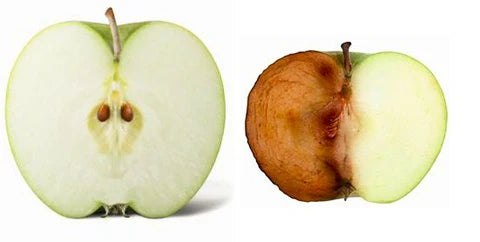
6 Skin Aging Factors You Have Control Over
The empowering truth is that we can significantly impact how our skin ages by addressing these key environmental factors:
- Smoking: Beyond the tell-tale vertical lip lines, smoking severely constricts blood vessels, hindering vital blood flow and oxygen to skin cells. This directly damages collagen and elastin, the building blocks of firm, supple skin. Vaping and even secondhand smoke have similar detrimental effects on skin aging.
- Side/Stomach Sleeping: A 2016 study revealed that the pressure and friction from sleeping on your side or stomach cause facial distortion, leading to the gradual formation of sleep wrinkles.
- Alcohol: Not only can alcohol worsen existing skin conditions like rosacea and eczema, but it also triggers the release of stress hormones (glucocorticoids) that accelerate the aging process. Even moderate alcohol consumption dehydrates the skin, contributing to a less youthful appearance.
- Diet: A diet high in simple sugars and processed foods causes glycation, a process where sugar molecules bind to collagen and elastin, making them rigid and less elastic, leading to premature aging. The good news? A diet rich in antioxidant-rich fruits and vegetables, especially berries like blueberries and blackberries (packed with Vitamin C), is incredibly skin-friendly.
- Pollution: Scientific research, including a study in the Journal of Investigative Dermatology, now links pollution to the development of pigmented spots and uneven skin tone. Air pollutants like car exhaust, industrial gases, and dust trigger chronic inflammation, a major contributor topremature aging. The solution? Incorporate skin treatments with potent antioxidants to combat free radical damage caused by pollution.
-
Stress: Chronic stress takes a toll on our entire body, including our skin. Research shows that stress releases "stress chemicals" like adrenaline, norepinephrine, and cortisol, causing biological changes at a cellular level. This leads to oxidative stress and shortened telomeres, both accelerating skin aging. Managing stress through exercise, setting boundaries, talking to someone, praying, or meditating is crucial. Additionally, skincare products containing peptides can help stimulate collagen and elastin production, supporting the skin's repair process.
Psychological stress shortens our telomere lengths and as a result, ages our skin. Oxidative Stress overwhelms our bodies repair process and causes premature aging.
The Environmental Factors You Can Control
- Exercise
- Set boundaries
- Destress with prayer or meditation
- Use skincare products that fight free radical damage
The best combat for premature aging skin is healthy lifestyle changes along with skincare treatments with beneficial ingredients known to support our skin, such as antioxidants - Vitamins A, B, C and E, perfect-aging Retinol, Hyaluronic Acid, Peptides, and MSM and DMAE.
But without question, the single most important step in keeping your skin looking youthful longer is consistent and effective sun protection.
What changes can you make today to protect your skin from premature aging?
Related blogs: Telomeres and Aging Skin

